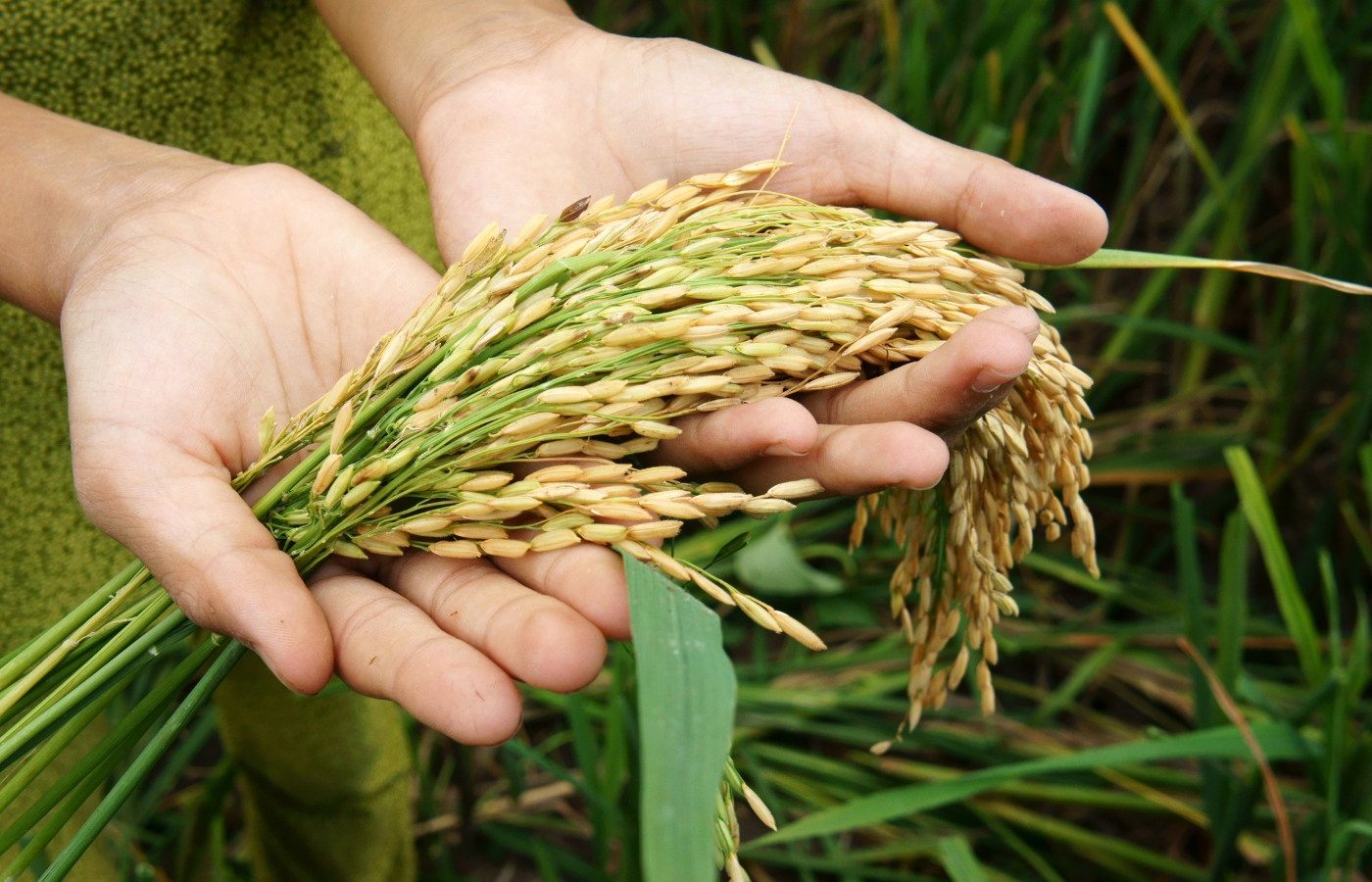
Ensuring global food security has become an increasingly pivotal agenda as the international community converges for COP28. Against a backdrop of escalating environmental challenges, population growth, and socioeconomic disparities, the issue of food security has taken center stage.
At its core, food security is not merely a matter of providing sustenance; it is a barometer of a nation's resilience and well-being. The outcomes of COP28 will undoubtedly shape the trajectory of our collective efforts to safeguard the availability, access, and utilisation of nutritious food for populations across the globe.
We continue our Understanding COP28 series by exploring the intricate interplay of climate change and our ability to ensure sustenance for a growing global population.
Food security is a multifaceted issue that extends beyond mere access to food. The World Bank defines food security as a state where "all people, at all times, have physical and economic access to sufficient, safe, and nutritious food to meet their dietary needs and food preferences for an active and healthy life." This definition underscores the complex interplay of factors that contribute to food security, ranging from agricultural practices and climate conditions to economic stability and social equity.
The world is confronted with a paradox – despite technological advancements and increased agricultural productivity, hunger persists.
According to the World Health Organization (WHO), as many as 828 million people were affected by hunger in 2021 – 46 million people more than a year earlier and 150 million more than in 2019. This grim reality is exacerbated by the unequal distribution of resources, climate change-induced disruptions, and the vulnerability of food systems to shocks.
Climate change stands as a formidable adversary to global food security. The increasing frequency and intensity of extreme weather events, shifts in precipitation patterns, and rising temperatures pose significant threats to agricultural production. Once fertile regions may face desertification, while others may witness more frequent floods or droughts. These changes disrupt the delicate balance that sustains agriculture and, consequently, the global food supply.
As the international community grapples with the urgency of climate action, COP28 emerges as a beacon of hope for addressing the intertwined challenges of climate change and food security. The conference provides a platform for nations to collaboratively set ambitious targets, share innovative solutions, and commit to concrete actions that can reshape the trajectory of global food systems.
COP28 offers a unique opportunity for nations to forge an integrated approach towards climate-resilient agriculture policies. This involves adopting sustainable farming practices, investing in climate-smart technologies, and promoting methods that enhance soil health and water conservation. By aligning agricultural policies with climate goals, nations can build resilience in the face of climate-induced disruptions and safeguard food production.
Climate change mitigation is crucial, but so is adaptation. COP28 can serve as a platform to foster collaboration on adaptive strategies for agriculture. This includes developing drought-resistant crop varieties, implementing precision agriculture techniques, and establishing early warning systems for extreme weather events. By sharing knowledge and best practices, nations can collectively enhance their adaptive capacity and minimise the impact of climate change on food security.
A key aspect of COP28's potential impact on food security lies in mobilising financial resources for sustainable agriculture. This involves incentivising private sector investment in agri-tech innovations, supporting smallholder farmers in adopting sustainable practices, and promoting research and development in agricultural resilience. By channeling funds towards sustainable agriculture, COP28 can catalyse transformative changes in the global food landscape.
Food security is not only about production but also about distribution. COP28 can facilitate dialogues on global food trade policies, ensuring equitable access to food resources. By addressing trade barriers, tariff structures, and market distortions, nations can work towards a more inclusive and fair global food system that benefits both producers and consumers.
COP28 provides a platform for nations to engage in meaningful capacity-building and knowledge-exchange initiatives. By fostering international collaborations, countries can learn from each other's successes and failures in addressing food security challenges. This collective learning can accelerate the adoption of best practices and innovative solutions, creating a more interconnected and resilient global food network.
In the face of a rapidly changing climate and a growing global population, the imperative to secure our collective food future has never been clearer. COP28 emerges as a crucial moment in the ongoing battle against food insecurity, offering a platform for nations to come together, share ideas, and commit to concrete actions.
By integrating climate-resilient agricultural policies, fostering adaptation and mitigation strategies, investing in sustainable agriculture, promoting equitable food distribution, and facilitating knowledge exchange, COP28 has the potential to steer the world towards a more secure and sustainable food future.
As the international community converges to deliberate on the challenges and opportunities presented by COP28, there is a collective hope that the decisions made will not only shape the climate agenda but will also stand as a testament to humanity's commitment to ensuring that no one goes to bed hungry in a world of plenty.
The journey towards global food security is a shared responsibility, and COP28 represents a crucial milestone on this transformative path.
Follow Arowana Insights for all the latest on COP 28.